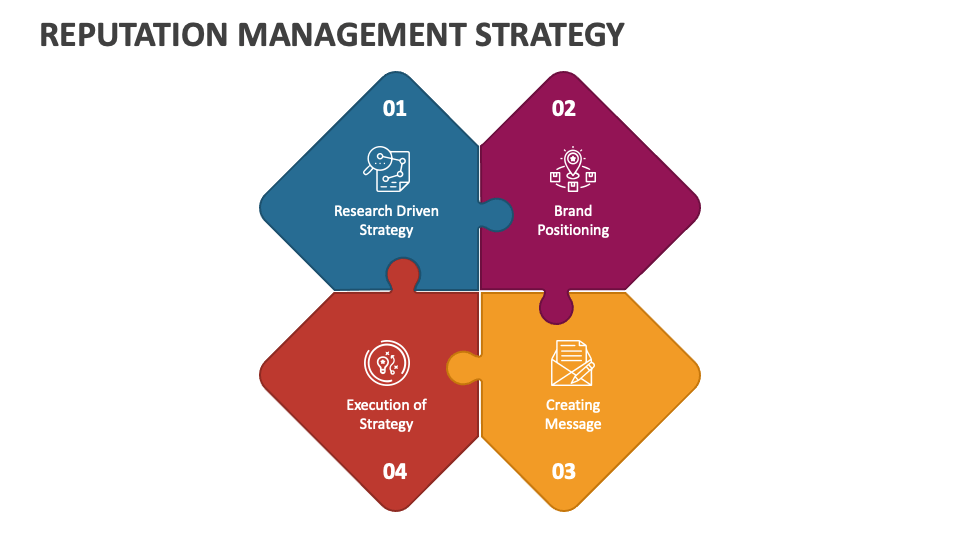
Comprehensive Guide to Managing Reputational Risks
In the vast landscape of the digital age, businesses, regardless of their size or industry, are sailing through the uncharted waters of online reputation. The reputation a company holds online is a valuable asset, setting it apart in the competitive race for revenue. However, the risk of a reputation crisis is ever-present, posing a significant threat that can lead to substantial losses. A tarnished reputation not only influences customer perspectives but also has the potential to disrupt organic traffic by disseminating derogatory content. This article delves into the ways businesses can proactively manage reputational risks to safeguard their brand integrity and maintain a positive online presence.
Importance of Reputation Management in Your Strategy:
Recognizing the influence that reputation holds over a company’s success is paramount. Within the organizational framework, it is essential to identify vulnerabilities and determine key reputational characteristics. Anticipating potential conditions that could harm public opinion and employee morale is crucial. Preemptive verification of signs and warnings for every aspect empowers businesses to take prompt and effective actions. Integrating reputation management into the overall business strategy ensures a proactive approach to potential risks.
Strategies for Effective Reputation Risk Management:
Utilize Comprehensive Analysis:
1. To expand reputational risk management, leverage thorough analysis to understand the specific risks your company is exposed to.
2. Develop multiple strategies and procedures tailored to address different facets of reputational risks.
3. Consider collaborating with crisis management firms or public relations agencies to swiftly address any active crises that may arise.
Identify Client Expectations:
1. Fulfilling client expectations becomes more manageable when those expectations are identified.
2. Avoid setting unrealistic expectations that cannot be met, as failing to fulfill promises can lead to a negative organizational image.
3. Identify the expectations of customers, employees, and shareholders, and promise only what the organization can realistically deliver.
Implement Reputation Monitoring:
1. An integral part of reputational risk management is actively monitoring brand perception against the organizational foundation.
2. Utilize tools such as Google alerts and conduct regular surveys to stay informed about public opinions.
3. Monitor the viewpoints of employees, vendors, customers, investors, and shareholders to gauge the overall sentiment toward the organization.
Establish Organizational Guidelines:
1. Clearly outline organizational guidelines, training programs, and procedures to ensure that all employees understand how to act and respond appropriately in any situation.
2. Provide ongoing training to keep employees updated on best practices for maintaining a positive reputation.
3. Foster a culture that values reputation as a collective responsibility, encouraging employees to act quickly and positively in the face of reputational risks.
In the dynamic landscape of the digital era, managing online reputational risks is not just a proactive measure; it’s a strategic imperative. Businesses that prioritize reputation management as an integral part of their overall strategy are better equipped to navigate the complexities of the online world. By identifying vulnerabilities, implementing comprehensive risk management strategies, understanding client expectations, actively monitoring reputation, and establishing organizational guidelines and training, businesses can safeguard their reputation. In times of crisis, a swift and positive response from employees can significantly impact public beliefs, reinforcing the importance of a resilient and well-managed online reputation. As businesses continue to sail through the digital seas, proactive reputational risk management remains the compass guiding them toward success and sustainability.


